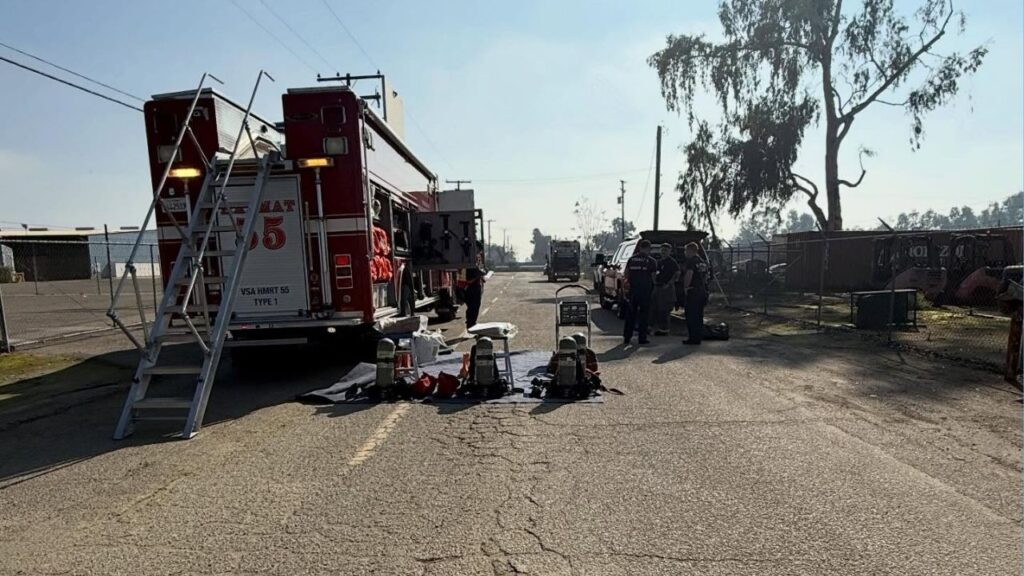Share
|
Getting your Trinity Audio player ready...
|
Just about everything about California has changed since it became a state 173 years ago – beginning with the fact that when admitted to the Union in 1850, it had fewer than 100,000 residents but today counts nearly 40 million.
During the first half-century of California’s existence, its leaders tinkered constantly with the structure of its governance. County boundaries were altered, new counties were created, state government agencies were rearranged and the state capital shifted several times before landing in Sacramento.
Given the immense growth and economic and social change that California has experienced, particularly in the years following World War II, common sense would dictate that we should occasionally review how we govern ourselves and make obviously needed structural changes.

Dan Walters
CalMatters
Opinion
However, there’s been very little restructuring since the 20th century began. For instance, the last change in counties happened in 1907 when Imperial County was formed out of the eastern reaches of what was then San Diego County. The size of the Legislature – 80 members of the Assembly and 40 senators – was fixed within a few years of California becoming a state.
During this century’s first decade, with California seemingly facing a crisis of governance, there was an effort mounted to call a constitutional convention to fix its wills. However, those calling for reform were unable to agree on what areas of governance should be addressed and the effort collapsed.
Subsequently, Democrats achieved virtually complete control of state and local governments and we have been experimenting with one-party dominance, whether for good or ill.
Last week, structural reform popped up anew in an unlikely place – the Los Angeles County Board of Supervisors. All of California’s 58 counties, except for the city and county of San Francisco, are governed by five-member boards of supervisors, which have both legislative and administrative powers.
Too Much Authority in Too Few Hands
It’s been that way for many decades and works reasonably well for smaller counties. However, a system that is tolerable in Alpine County, which has just over 1,200 residents, is ludicrous in Los Angeles, which has 10 million. It invests too much authority in too few hands and fails to reflect the county’s incredible economic, cultural and ethnic diversity – a distilled version of California as a whole.
That became very evident a couple of years ago when a commission assigned to redraw the county’s five supervisorial districts after the 2020 census found it almost impossible to fairly represent so many communities of interest.
Last week, the five women who serve on the Board of Supervisors voted unanimously to begin exploring structural change, possibly including an expansion of the board’s membership.
“Having more seats at the table means that more and different voices can be part of the conversation,” Supervisor Lindsey Horvath, a co-sponsor of the motion, said. Expansion, she said, would mean “each district will have greater access to their supervisor.”
Daniel Mayeda, a co-chair of the redistricting commission, lauded the action. “I’m glad that the county is looking at this,” Mayeda said. “I’m hoping there’s some momentum.” The commission had urged board expansion in its report.
Making the board larger and more representative is not the only reform to be explored. The study will include making county government procedures more accessible.
Expanding boards of supervisors, particularly of large counties, would be a major step in governance reform. But it should go further, such as exploring having an elected county executive – in effect a county mayor – to increase accountability. It would make as much sense as having an elected governor for the state and elected mayors in cities.
About the Author
Dan Walters has been a journalist for nearly 60 years, spending all but a few of those years working for California newspapers. He began his professional career in 1960, at age 16, at the Humboldt Times. For more columns by Walters, go to calmatters.org/commentary.
Make Your Voice Heard
GV Wire encourages vigorous debate from people and organizations on local, state, and national issues. Submit your op-ed to rreed@gvwire.com for consideration.
RELATED TOPICS:
Categories

Fresno County Authorities Seek Relatives of Deceased 85-Year-Old

Visalia Man Sentenced to Life for Crimes Against Child















